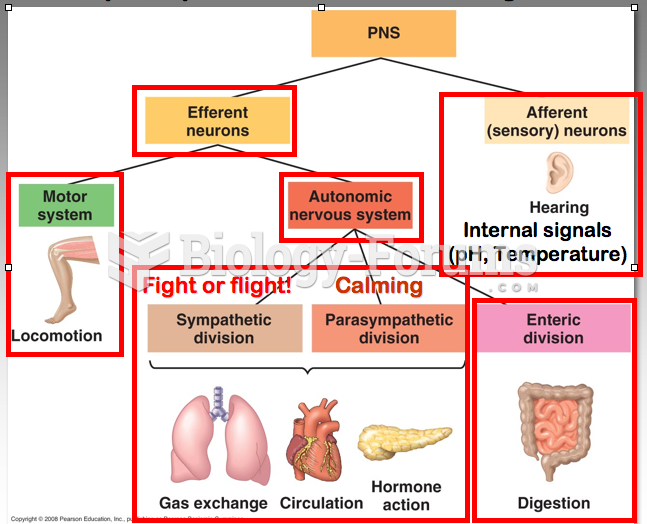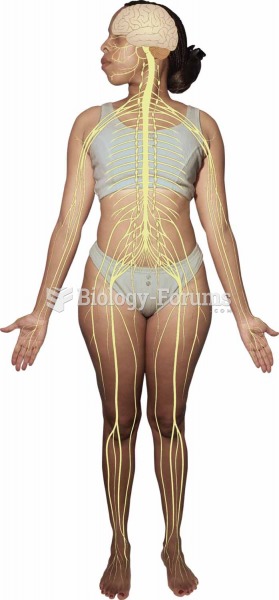Answer to Question 1
FALSE
Answer to Question 2
The American colonies developed similar concepts as the English chancery courts and Poor Laws to care for orphaned or abandoned children. Poor Law legislation requiring poor and dependent children to serve apprenticeships was passed in Virginia in 1646 and in Massachusetts and Connecticut in 1673.
Involuntary apprenticeship, indenture, and binding out of children became integral parts of colonization in America.
The master in colonial America acted as a surrogate parent, and in certain instances, apprentices would actually become part of the nuclear family structure.
If they disobeyed their masters, apprentices were punished by local tribunals; if masters abused apprentices, courts would make them pay damages, return the children to the parents, or find new guardians.
Maryland and Virginia developed an orphan's court that supervised the treatment of youths placed with guardians and ensured that they were not mistreated or taken advantage of by their masters.
These courts did not supervise children living with their natural parents, leaving intact the parents' right to care for their children.
In the colonies, as in England, moral discipline was rigidly enforced.
Stubborn child laws were passed that required children to obey their parents.
It was not uncommon in the colonies for children who were disobedient or disrespectful to their families to be whipped or otherwise physically chastised.
Children were often required to attend public whippings and executions because these events were thought to be important forms of moral instruction.
Parents often referred their children to published works and writings on behavior and discipline and expected them to follow their precepts carefully.
Because community and church leaders frowned on harsh punishments, child protection laws were passed as early as 1639.
These laws were generally symbolic and rarely enforced; they expressed the community's commitment to God to oppose sin; offenders who abused their children usually received lenient sentences.
Although most colonies adopted a protectionist stance, few cases of child abuse were actually brought before the courts. The absence of child abuse cases may reflect the nature of life in what were extremely religious households. Children were productive laborers and respected as such by their parents.
Large families provided many siblings and kinfolk who could care for children and relieve stress-producing burdens on parents.
Another view is that though many children were harshly punished in early American families, the acceptable limits of discipline were so high that few parents were charged with assault.
Any punishment that fell short of maiming or permanently harming a child was considered within the sphere of parental rights.
Student views will vary.







